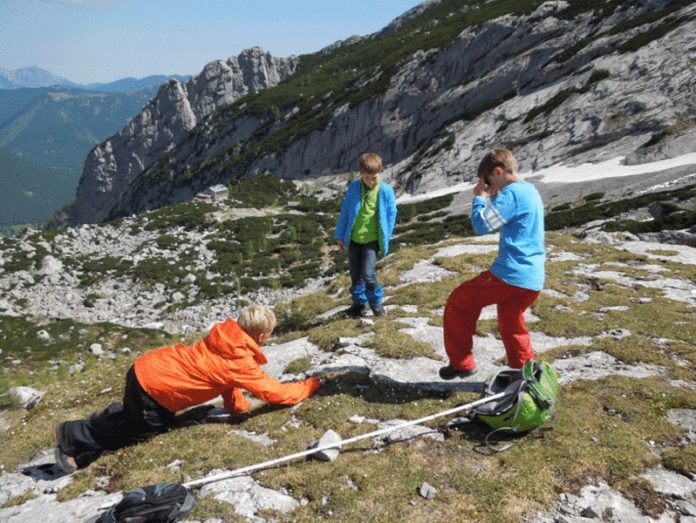Being shown science subjects outside builds understudy inspiration. An Technical University of Munich (TUM) and the University of Mainz in this manner recommend offering more open-air guideline at the lower auxiliary level.
“There is as yet a calculated hole between showing science and natural training,” says Dr. Ulrich Dettweiler, Associate Professor of Education at the University of Stavanger in Norway, once in the past utilized at TUM. To close this hole and to get understudies amped up for the characteristic sciences is an objective of the “analyst weeks” at the Berchtesgadener Land understudy inquire about focus.
In the vicinity of 2014 and 2016, roughly 300 understudies partook in the program which depends on the educational programs for science subjects in auxiliary level I. Understudies are set up for the one-week remain in the classroom. This is then proceeded nearby amid the exploration week, finishing in a two-day examine campaign with tests.
Both when the course, the understudies finished a poll on their fulfillment and general inspiration in connection to their self-sufficiency for an investigation created at TUM. Toward the finish of the week, the understudies again shared their encounters amid the outside class.
In the academic setting, the essential mental needs to encounter self-rule and capability and also positive social connections apply the essential effects on motivational conduct. The investigation demonstrated that motivational conduct in the two settings was impacted similarly firmly by these three needs, yet at various levels: Basic needs are met to a fundamentally higher degree amid open-air guideline than in the classroom.
A feeling of accomplishment especially expands inspiration amid open-air direction. Then again, the understudy instructor or understudy connections had almost no impact on this expansion. Nor did sexual orientation have any effect on the outcomes.
Lead creator Dettweiler from the examination distributed in “Frontiers in Psychology” reasons that open-air guideline with explorative learning approach fundamentally advances the dispositions of understudies toward learning, i.e. their characteristic inspiration. ‘Explorative’ amounts to just essentially giving understudies the opportunity to find the topic through freely composed investigations. These open airflow, which gives a solid lift to more situational enthusiasm for science and engagement with the subject, can be evoked in incidental outside direction sessions also.
The showing systems investigated and created for this instructional program ought to in this manner be incorporated as a standard component of lessons in schools. “Regardless of whether it includes rustic examination focuses far from school or structures a piece of the science educational programs, or both, this measurable investigation shows that general open-air instructing is a suitable system to address the difficulties of the 21st century,” Dettweiler finishes up. “Such models may even be appropriate to connect the current hole between science instruction and natural training in the long haul.”
For Professor Perikles Simon, Head of the Department of Sports Medicine, Rehabilitation, and Prevention at the Johannes Gutenberg University in Mainz, the open air learning units created are likewise intriguing from the point of view of conceivably constructive outcomes on the physical and emotional well-being of kids: “In the coming years, we might want to direct more particular research into whether and how outside guideline impacts youngsters’ versatility to pressure.”
